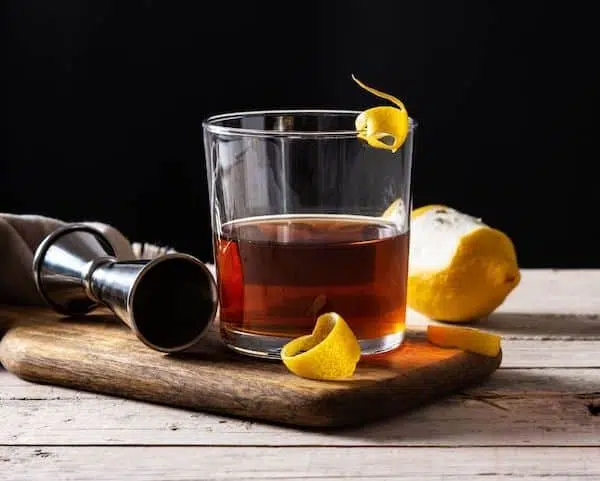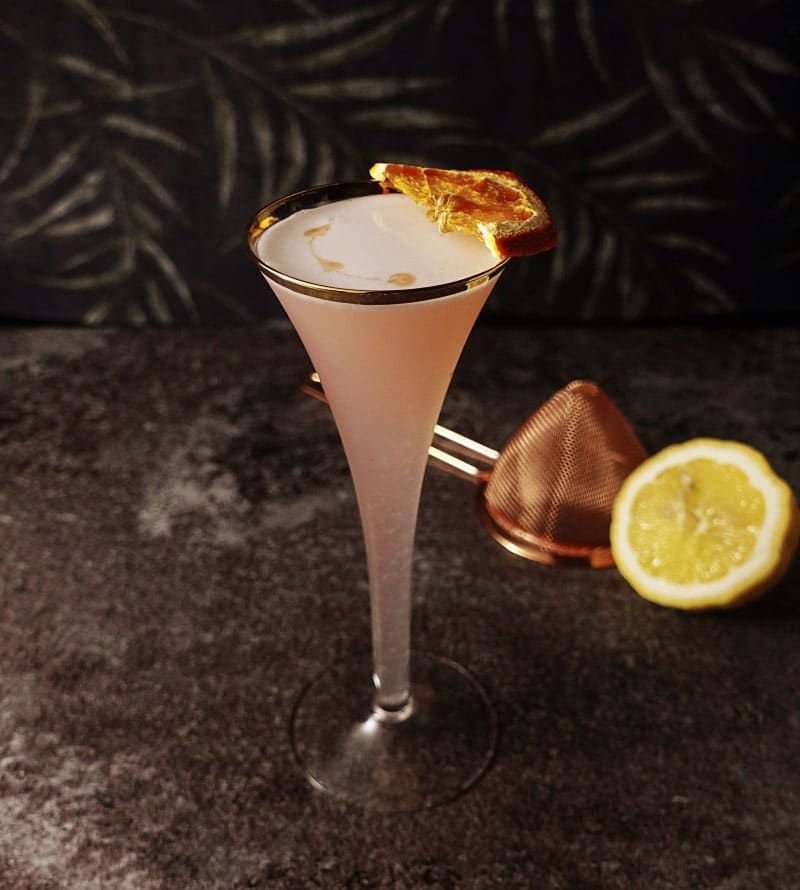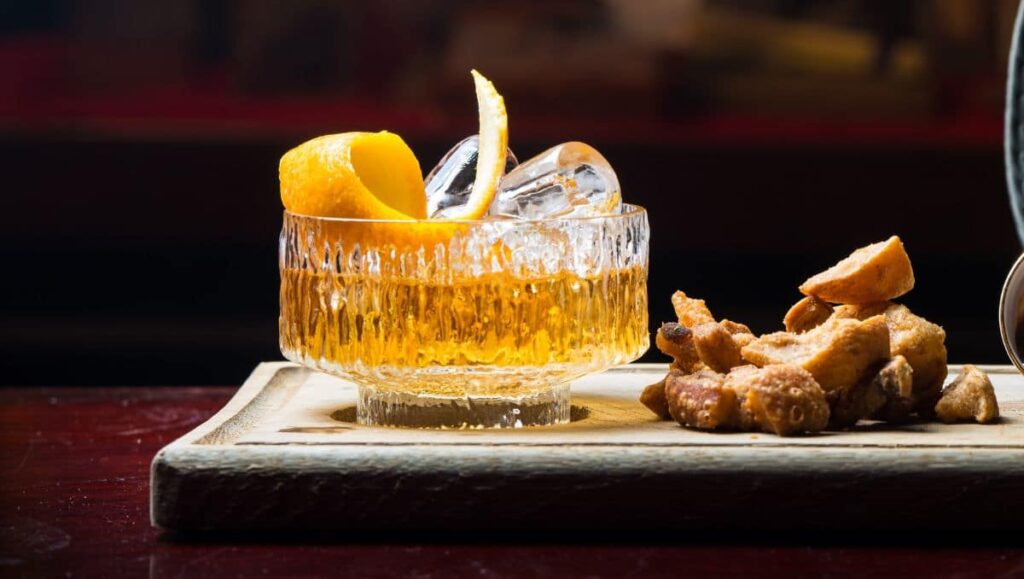Peychaud's vs. Angostura is a comparison of two giants in the world of cocktail bitters. The beauty of these super-efficient elixirs is that just a few drops are enough to alter and enhance the flavor of your drink.
You can create whole new layers of flavor just by using a dash of bitters. That is also the reason why bitters are essential ingredients for making cocktails in today's cocktail culture.
And two of the most popular brands have been dominating the market for ages: Peychaud's and Angostura Bitters.
Both brands emerged in the 1800s and played a vital role in the history of cocktails and mixology. But what are the differences, and in what cocktails should you use them?
Time to take a closer look at the battle of the bitters: Angostura vs. Peychaud's
The origin of Peychaud's bitters is said to be Haiti. To be more precise, Antoine Amédée Peychaud brought the recipe from San Domingo, Haiti, to New Orleans.
But it was not him that made the recipe famous. It only got popular when his son, named, too, Antoine, started making it in his apothecary in the 1830s.
It took some years until it turned into a popular cocktail ingredient: In 1857, it first was advertised as a component of the Sazerac cocktail.

Angostura bitters are even a few years older. Dr. Johann Siegert invented them in 1824 as a medical tincture when he worked as surgeon general for Venezuelan military leader Simon Bolivar.
Just like Peychaud's, Angostura bitters is a family business. When the sons of Dr. Siegert joined the company, they created the iconic look of the Angostura bitters bottle.
Follow this link to read more on the history of Angostura bitters.
Besides their age and standing in the cocktail and bar industry, the two products are notably different. And both have very distinct flavor profiles.
Peychaud's bitters are less bitter with more pronounced sweet notes and a strong anise taste.
Angostura bitters, on the other hand, are full of spices like cassia, cloves, and cinnamon. That makes for a deeper flavor profile and a more savory taste.
Another difference between the two brands is the amount of alcohol. While Angostura contains around 44.7% ABV, Peychaud's bitters have a significantly lower amount of alcohol (35% ABV).
Both products are common ingredients in cocktails. Angostura is the most used bitters brand by far. Nevertheless, many classic cocktail recipes ask for Peychaud's bitters. .
Angostura produces the ultimate allrounder. Whenever a classic cocktail recipe asks for bitters, you can use their aromatic bitters without a second thought.
They are key to most of our favorite Sour Cocktails like the Pisco Sour or more exotic riffs like the Shochu Sour or the Pink Gin Sour.

Then there are classics like the Martinez, the Horse's Neck, or the Dark'n'Stromy, and also twists on classics like the Samurai Old Fashioned calling for a few drops of the flavor bomb from Angostura.

The most popular drink with Peychaud's is probably the already mentioned Sazerac. But it is also a key ingredient in recipes like Vieux Carré or the Queens Park Swizzle.
So even though they are not a perfect replacement for Angostura bitters, there are cases when Peychaud's bitters are the better option.
Their bitters are light and dry with strong notes of anise. It balances sweetness and acidity pretty well, making it a fantastic choice for drinks with many sweet or sour ingredients.
But to be honest, there is a reason why Angostura bitters are more popular. And it is not because one is ultimately "better" than the other.
Like I said previously, Angostura works with almost every flavor combination. They add complexity, and usually, you don't have to worry if it works. Just put some Angostura bitters to your cocktail, and they improve your drink nicely.
With Peychaud's bitters, you have to be more careful. They don't work all the time, and there is more trial and error involved in finding the perfect amount of Peychaud's bitters.
The most popular cocktail bitters are very dissimilar in taste. And they're also used in very different recipes.
Saying this, it makes sense to have them both at home. And it also makes sense to get familiar with what they actually do with your drinks.
Ultimately, Angostura bitters and Peychaud's bitters can lift your cocktails to the next level.